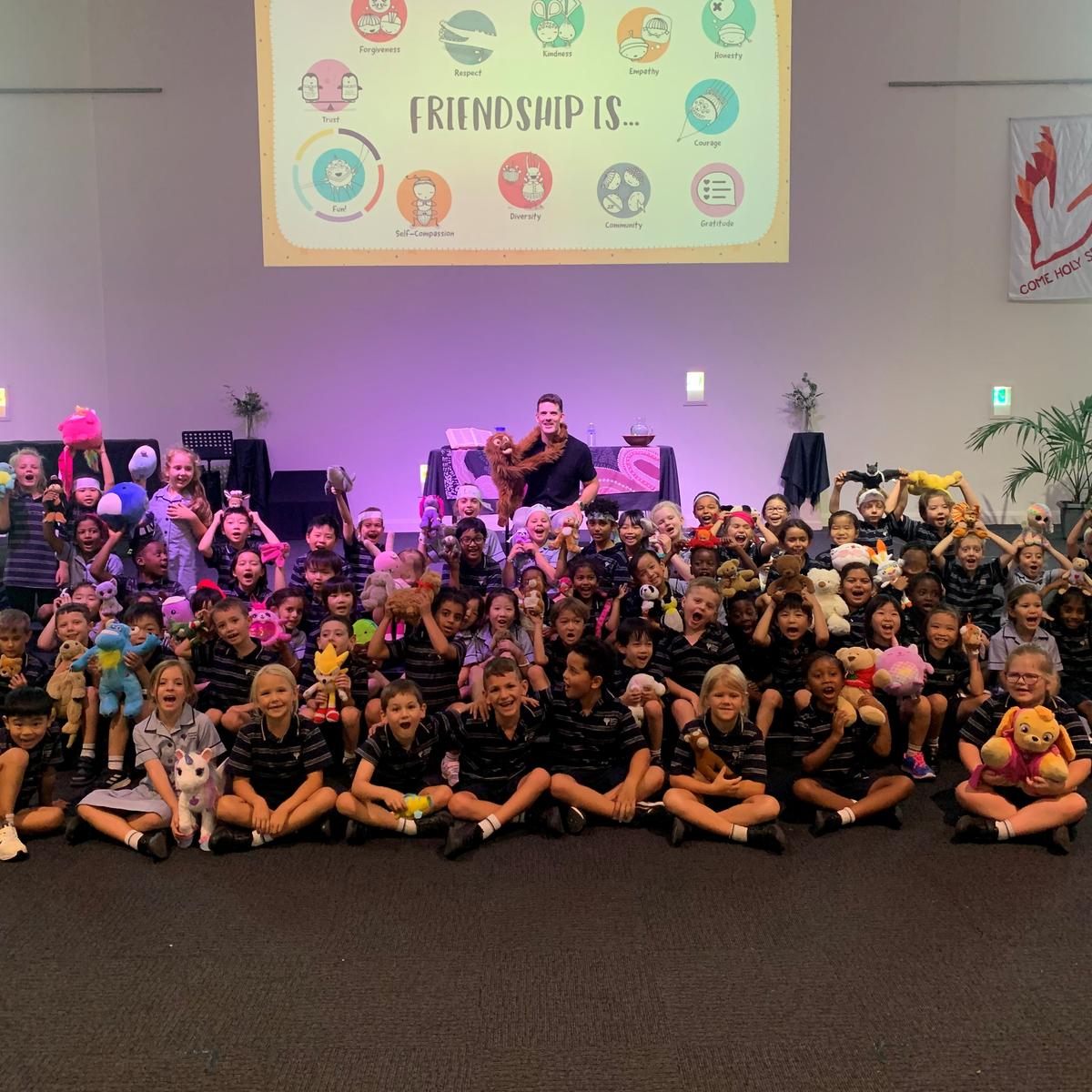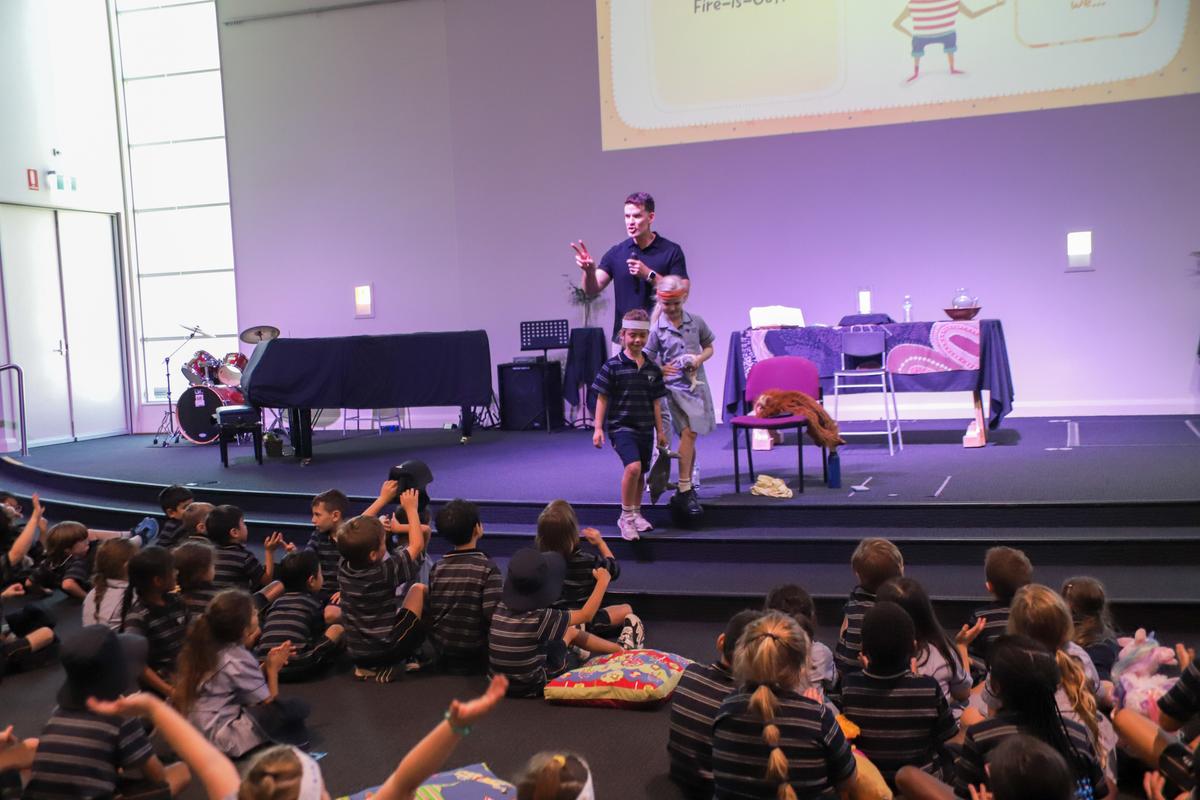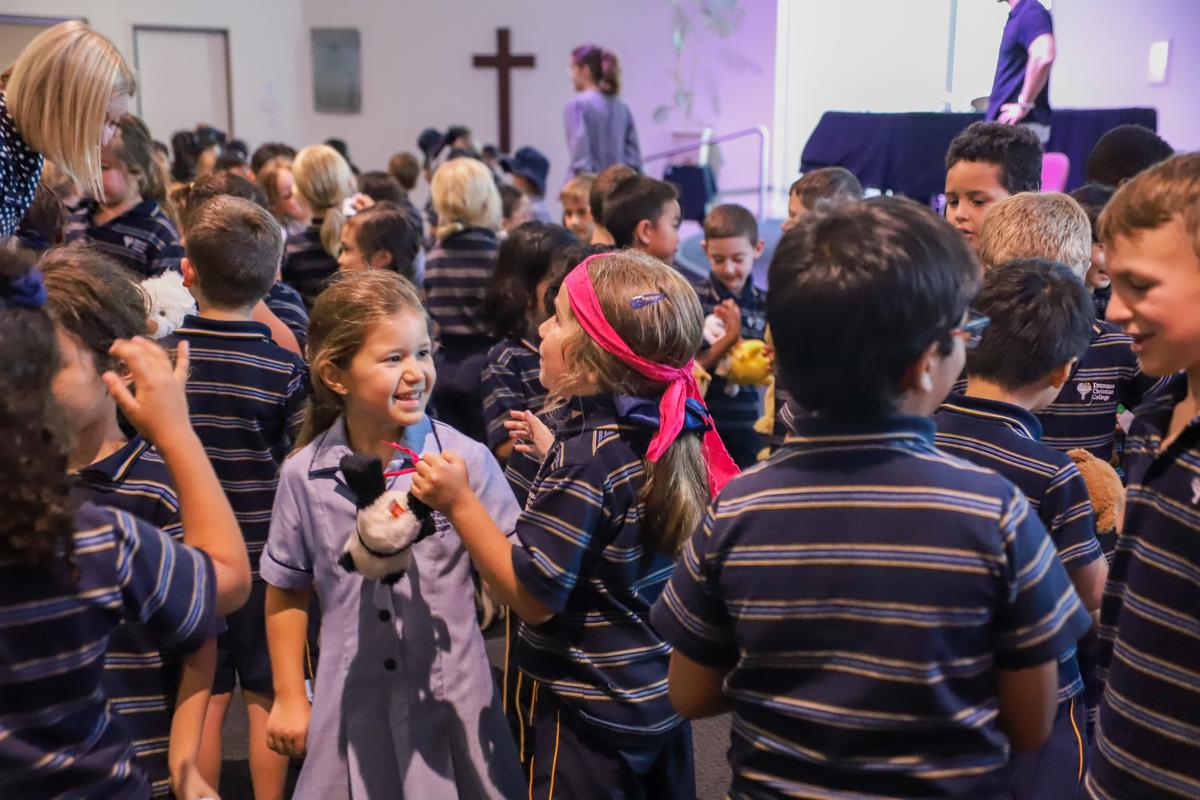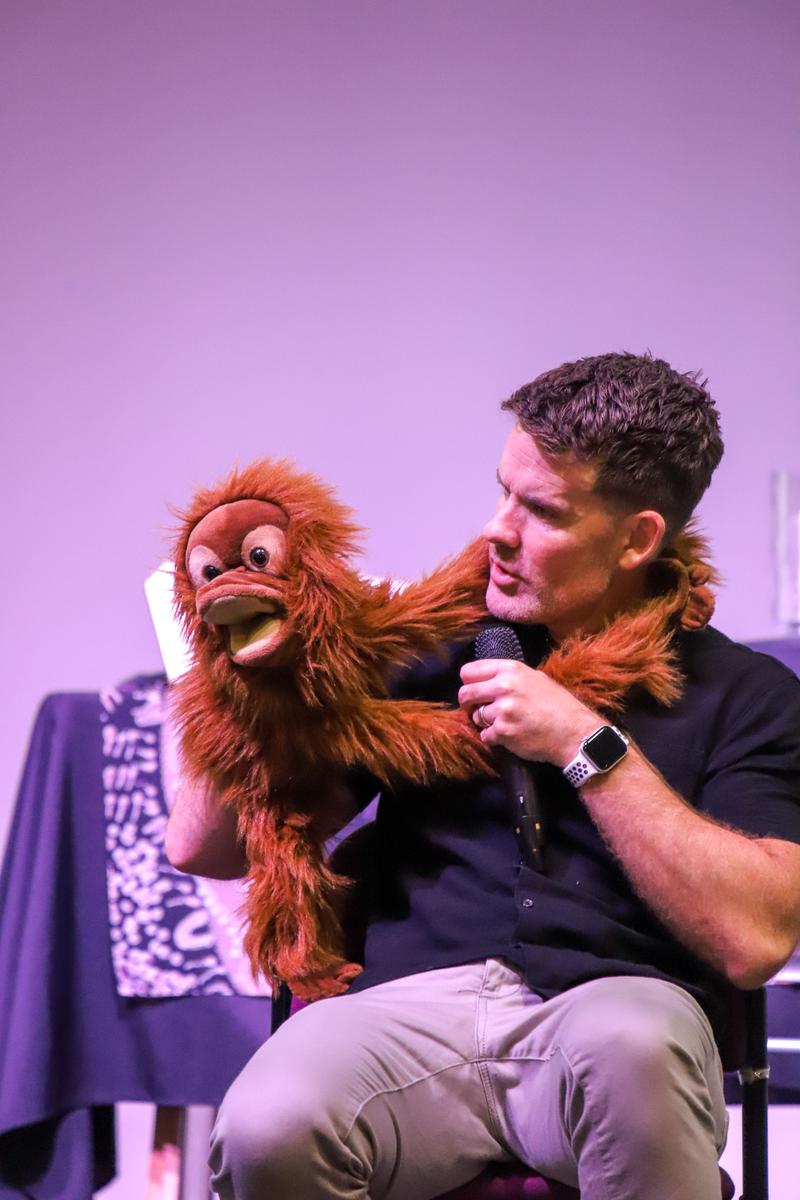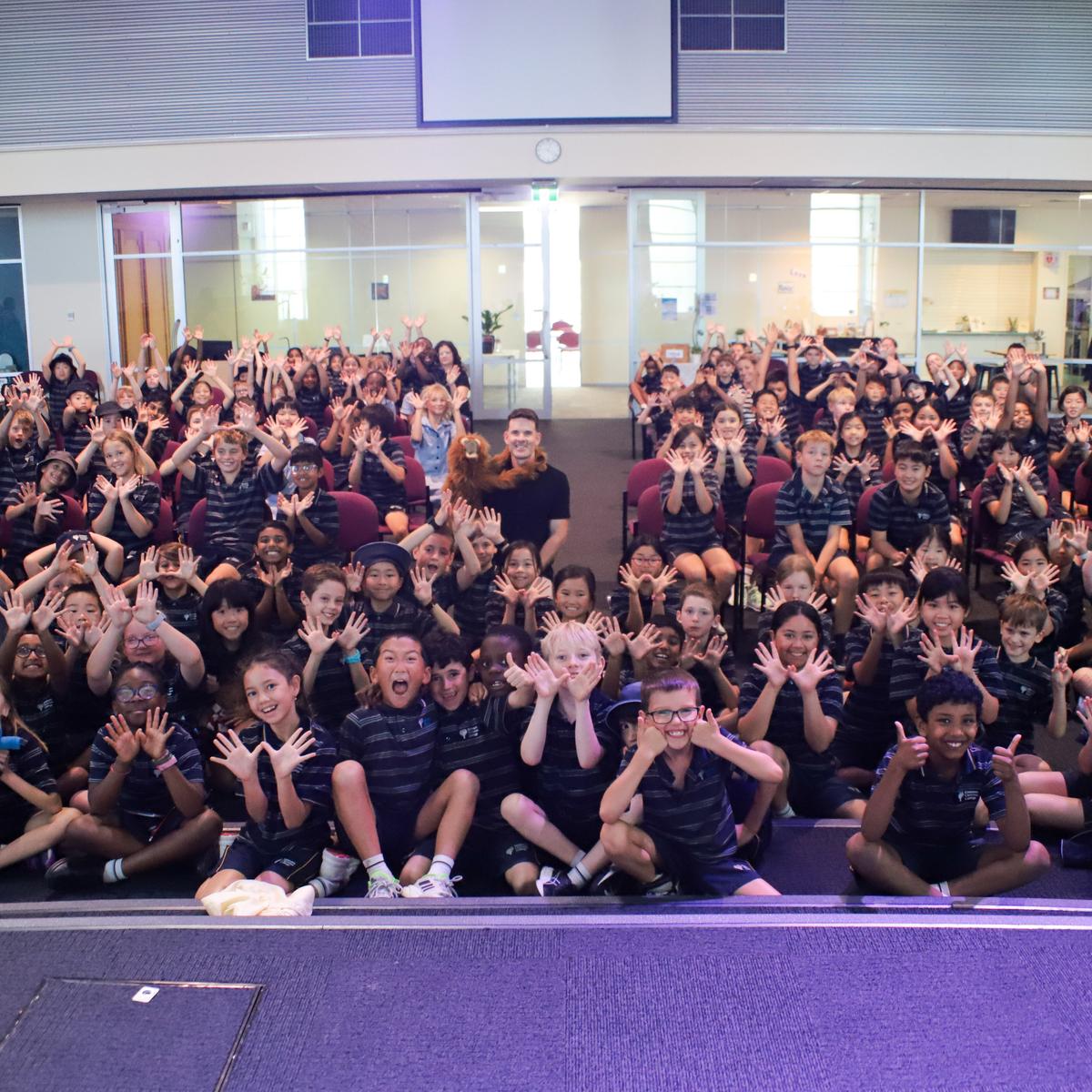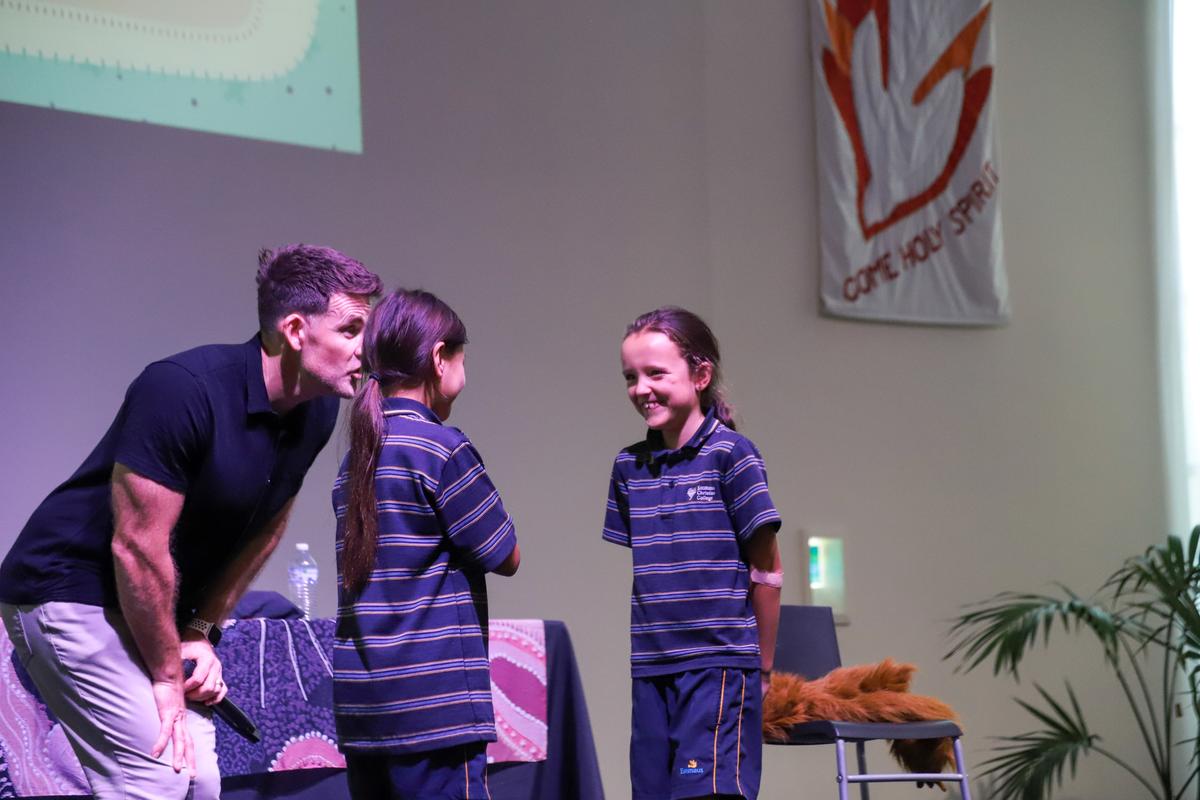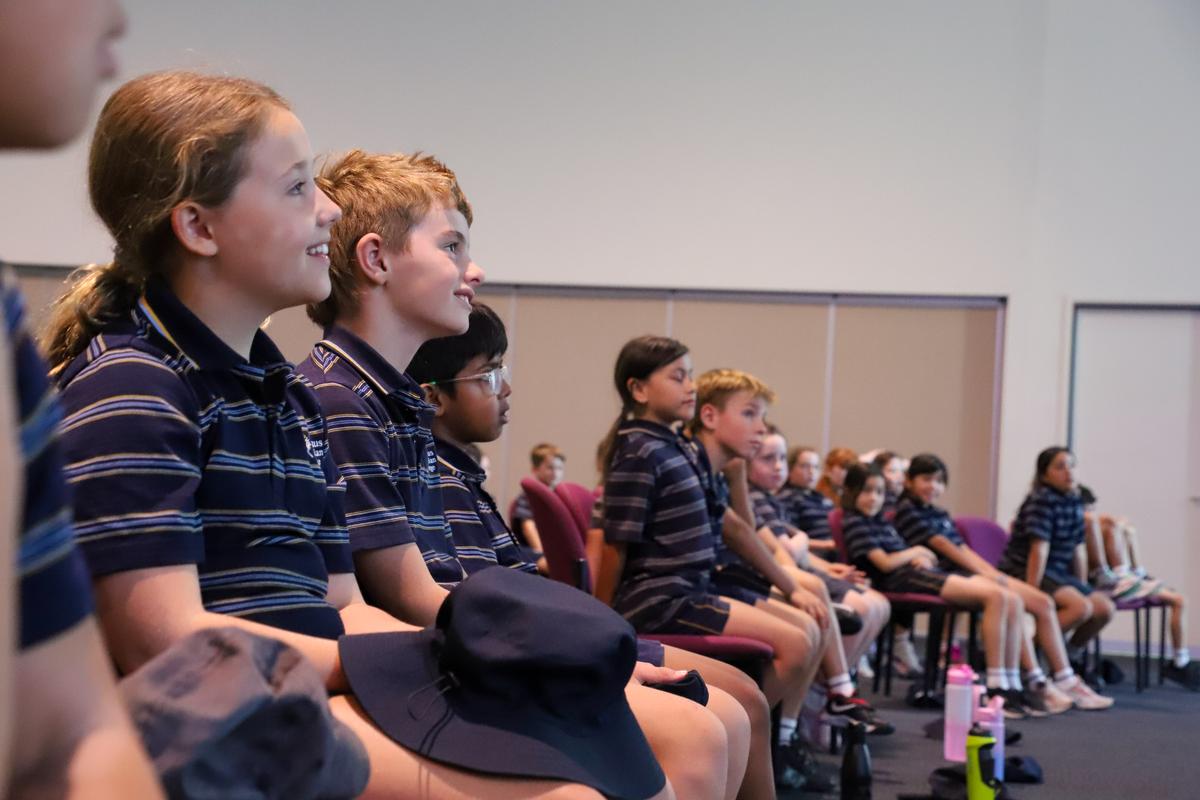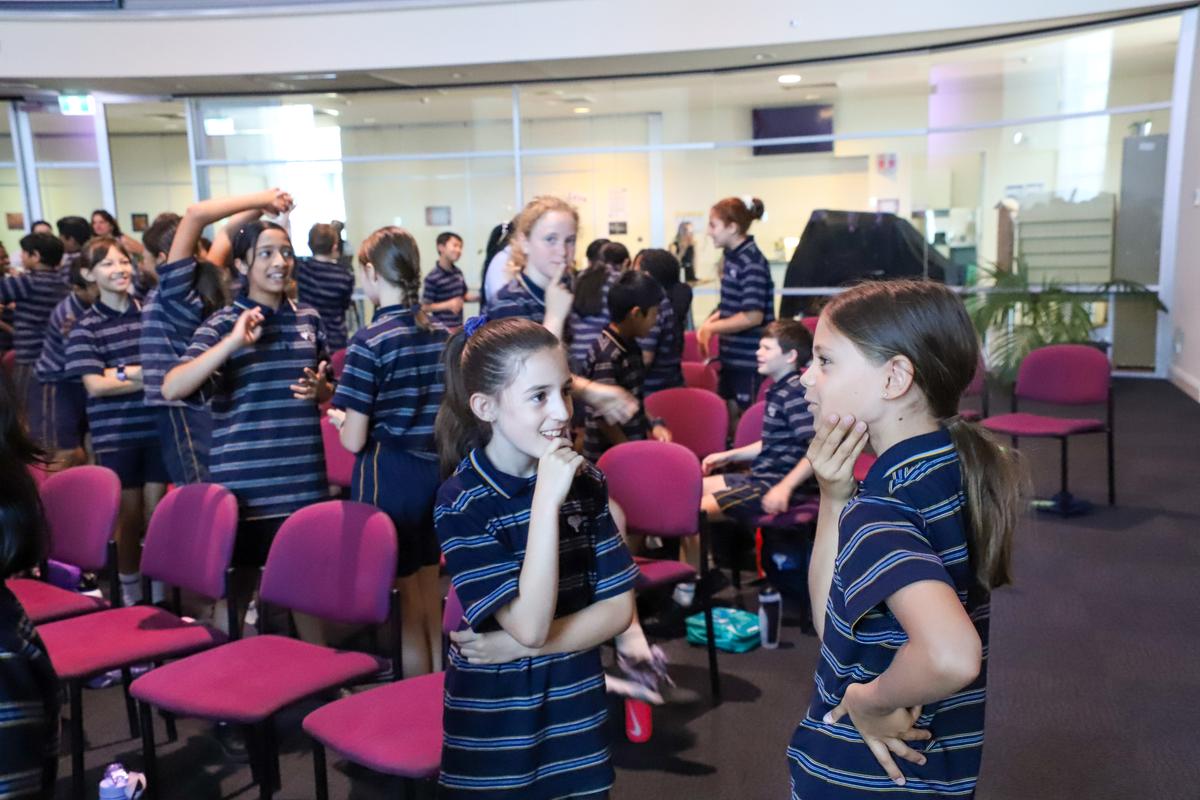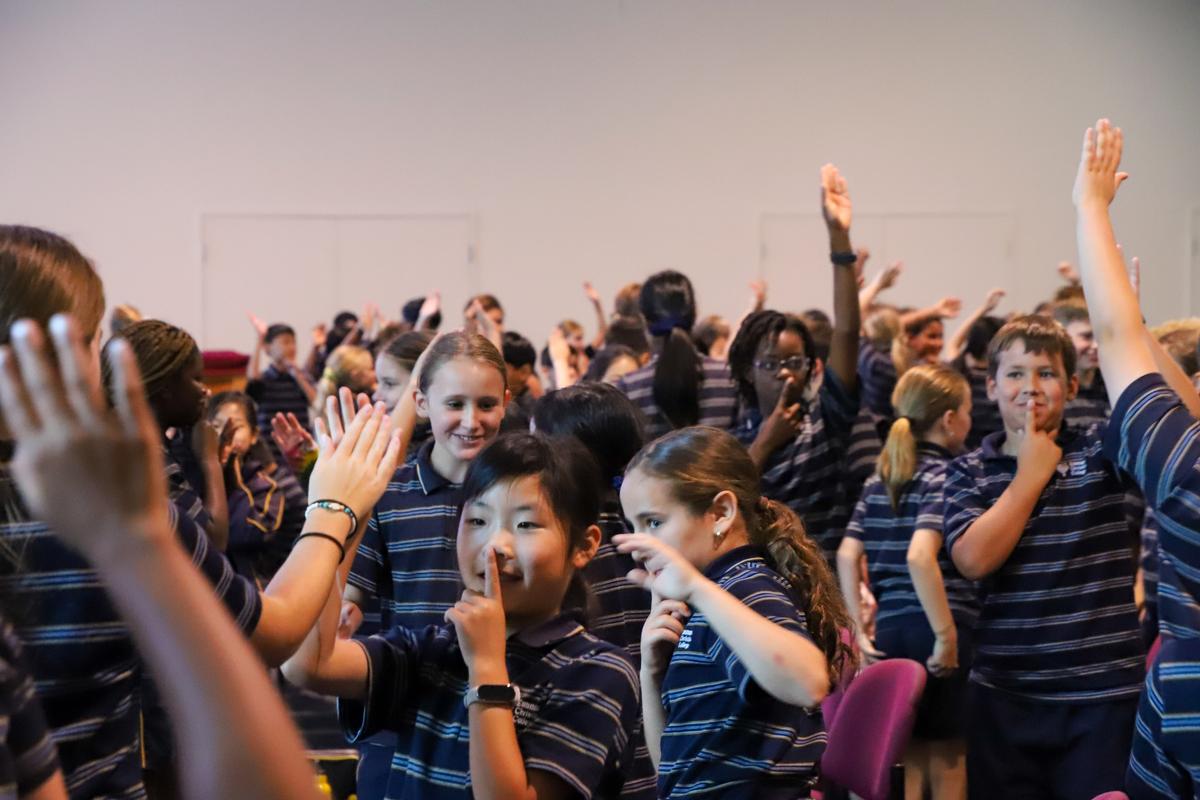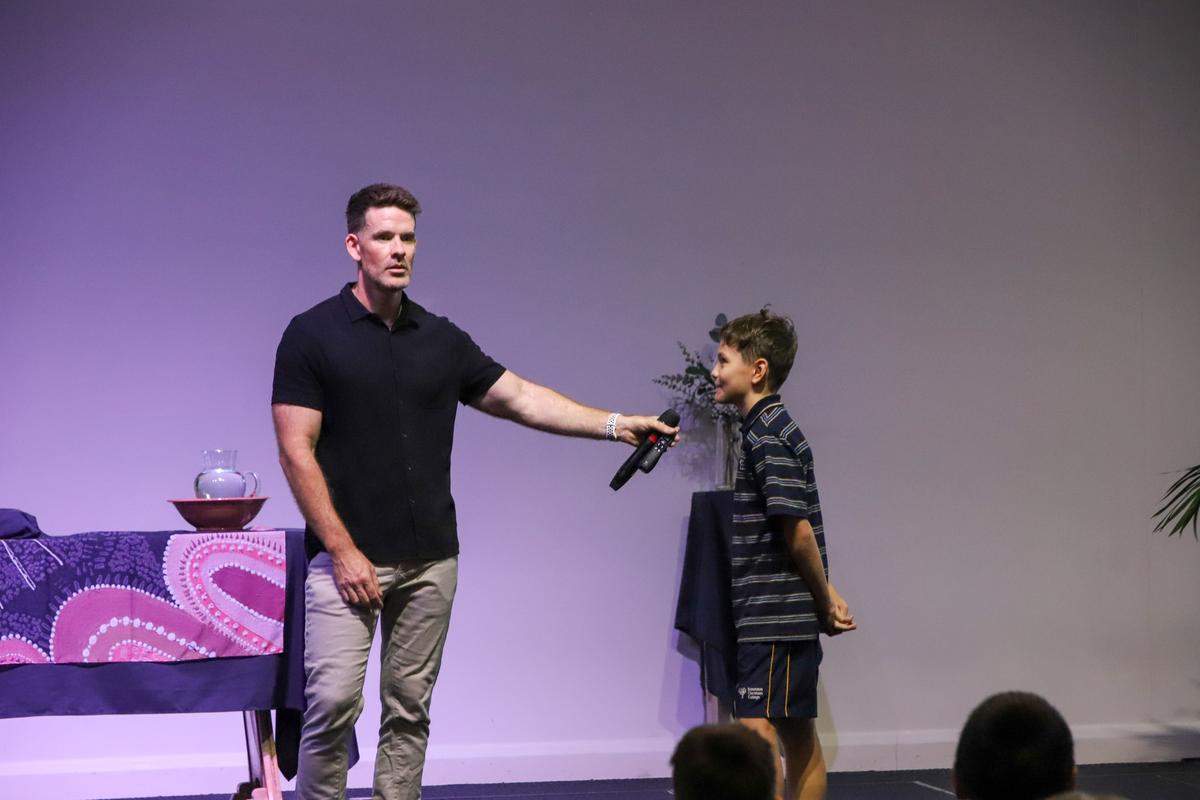Junior School, South Plympton
Morgan Venter, Year 1 Teacher, Wellbeing & Administration Coordinator F-2

Junior School, South Plympton
Morgan Venter, Year 1 Teacher, Wellbeing & Administration Coordinator F-2
“Therefore, as God’s chosen people, holy and dearly loved, clothe yourselves with compassion, kindness, humility, gentleness and patience. Bear with each other and forgive one another if any of you has a grievance against someone. Forgive as the Lord forgave you. And over all these virtues put on love, which binds them all together in perfect unity.” Colossians 3:12-14 (NIV)
The Bible clearly states that our lives should reflect kindness, patience, gentleness and more. These values surely contribute to the success and health of our relationships and interactions with others. All over the world, in the realm of education and beyond, it is clear that there is an increasing recognition of the importance of socio-emotional learning (SEL) alongside traditional academic subjects. While reading, writing, and arithmetic are undoubtedly vital, nurturing a child's socio-emotional development is equally crucial for their overall well-being and success in life.
Explicitly teaching children socio-emotional lessons at school provides a multitude of benefits that extend far beyond the classroom walls. One significant advantage lies in equipping children with the necessary tools to manage their emotions effectively. From navigating feelings of anger and frustration to experiencing joy and empathy, understanding and regulating emotions are fundamental skills that contribute to a child's social and academic success.
Teaching children how to deal with conflict in relationships is paramount in fostering healthy interactions both at school and in their future endeavours. Conflict resolution skills empower children to communicate their needs and perspectives respectfully while also learning to listen and empathise with others. By providing structured opportunities for children to practise conflict resolution techniques, we can create a supportive environment where differences are embraced, and relationships flourish.
At Emmaus, we have dedicated lessons that will equip our students with the knowledge and skills to navigate the tricky landscape of friendship. We invest time and provide students with plenty of opportunities to authentically practise conflict resolution using language and strategies that are age-appropriate. Our Friendology curriculum begins in Foundation and extends to Year 6, establishing a firm foundation for years to come. Along with this program, the Zones of Regulation helps children understand themselves and their emotions, and we begin to build a ‘toolbox’ of strategies that can support our own personal wellbeing.
We officially launched our programs this week with Tyson Greenwood, the director at URStrong. Children in the Junior School at Brooklyn Park and South Plympton joined together to learn more about Friendology and what is in store for them this year!
A lot of this content and learning may be completely new for us as adults. The success of these programs are strengthened through the partnership and support of our parents. When parents partner with teachers and when we work together, using the same language and encouraging our children with the same sound advice, our children can only benefit and experience healthy friendships.
Monday 4 March, 3:30 - 4:15pm
EPAC South Plympton
The Friendology Parent Information Session is the perfect opportunity to learn more about this important program and ask questions.
We strongly encourage all our Junior School parents to come along.
Children will be supervised by a school teacher.
We look forward to seeing you there!
Morgan Venter
Year 1 Teacher
Wellbeing and Administration Coordinator F-2
